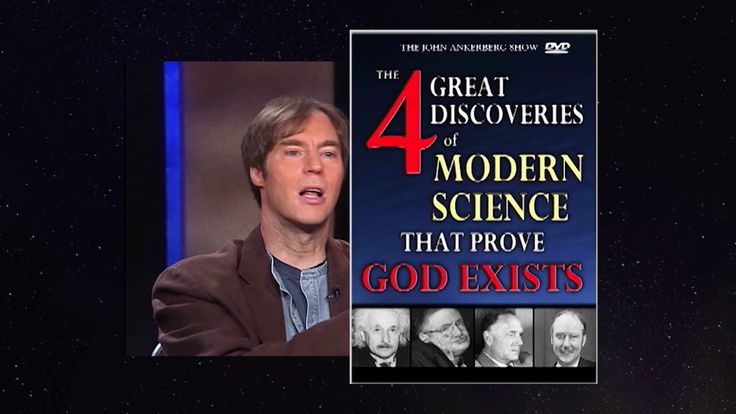
Richard Byrd via via Wikimedia Commonsĭigging deep in the Byrd archives, Matuozzi finds more about business deals than ice-bound landscapes.

Broadcasting on CBS radio, sponsored by General Mills, he included four radio operators with his crew, as well as a film team.

He contracted with newspapers, magazines, and book publishers-but this didn’t prevent him from violating his own contracts by talking to and writing for other outlets. To finance his expeditions, Byrd solicited the wealthy and sold media rights. His extensive use of film, newspapers, and radio continued a trend begun in the 1870s, when dramatic stories of geographical exploration were featured in metropolitan newspapers in England and the United States. This was especially true of Byrd’s Antarctic expeditions. The popular history of polar exploration is in large part the story of its promotion by the mass media.

Matuozzi describes it, Byrd’s exploratory mission sounds like a Jazz Age stunt, something that could have been produced by the media obsessed, personal branding culture of today. “ Byrd was his most assiduous promoter in an era when self-promotion became a widespread feature of modern life.” In fact, as Matuozzi writes: But the Byrd expedition was anything but serious or high-minded. We tend to think of polar expeditions as serious, high-minded journeys from a time gone by.


 0 kommentar(er)
0 kommentar(er)
